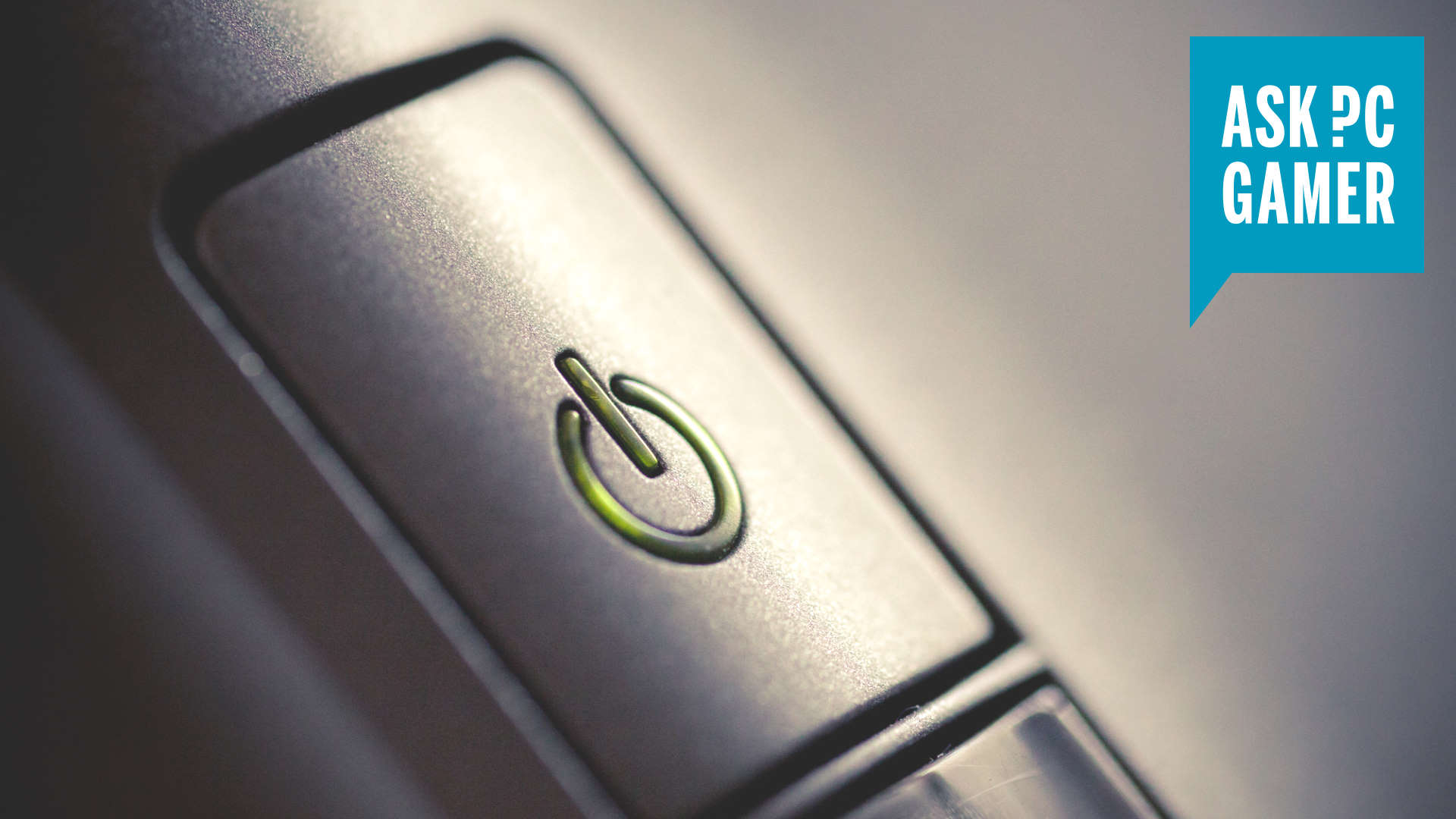Should I turn my PC off at night?
Waking your PC from sleep is faster, but can't it cause issues?

Whether your turn your PC off at night can be a controversial topic, depending on who you speak to. Older generations often told their children to leave their PC running, and only to reboot when it's completely necessary.
The logic was that the surge of power when turning the computer on would shorten its lifespan. While this can be true, leaving your computer on 24/7 can also cause wear and tear. In either case, unless your upgrade cycle is measured in decades, there's not a lot in it. If your only concern is to maximize the lifespan of your components, neither option will put you ahead.
The decision here is going to hinge on which option suits your lifestyle better.
Leaving your computer on hibernate or sleep mode is super convenient. You can go right back to where you left off, and won't have to wait for the darn thing to boot up. If you're running your OS on one of the best NVMe SSDs of today, this shouldn't be an issue, but an older HDD might make you wait an age. This can also be the case if you have a lot of programs set to run on startup.
Having the ability to remote into your PC from anywhere can be a lifesaver, too. Imagine rushing out the door only to realise you need access to some file you forgot to upload to the cloud. Nowadays, if you're thinking of playing games away from your PC, leaving it on sleep means you can access the raw power of your gaming rig wherever you go, with game streaming services like Nvidia's GeForce Now.
Turning your computer off when you’re not using it also means that your computer can’t complete any important tasks. Processes like virus scans and system updates will have to run when you’re trying to work, or while you're playing a game. Tasks like these can be resource heavy and inconvenient, but if you leave your computer running you can schedule these to run overnight, or any time that’s convenient for you.

While there are lots of compelling reasons to keep your computer running, there are some scenarios where it’s definitely best to shut it down. Electricity can be expensive and sometimes every cent counts. If you are concerned about energy costs, leaving your computer on all the time will reflect on your utility bill.
Keep up to date with the most important stories and the best deals, as picked by the PC Gamer team.
As well, a PC waking up from sleep can sometimes just flat out refuse to do so. That'll mean you have to reboot anyway, and if you've relied on your PC remembering where it left off for so long, setting it back up can be a pain.
If you are running custom water cooling, it's best you don't leave your machine running. Should the pump die when you aren’t around, the results could be catastrophic.
Whether or not you leave your computer running will largely depend on what matters most to you, but you should always make sure you let your PC restart when it needs to do important updates. These could be patches for recently discovered vulnerabilities, for example, and will need a restart to take effect.
I think I'll give leaving my PC on overnight a go now I've written this. I will be keeping an eye on my energy bill, and the state of my components, however.

Screw sports, Katie would rather watch Intel, AMD and Nvidia go at it. Having been obsessed with computers and graphics for three long decades, she took Game Art and Design up to Masters level at uni, and has been rambling about games, tech and science—rather sarcastically—for four years since. She can be found admiring technological advancements, scrambling for scintillating Raspberry Pi projects, preaching cybersecurity awareness, sighing over semiconductors, and gawping at the latest GPU upgrades. Right now she's waiting patiently for her chance to upload her consciousness into the cloud.

